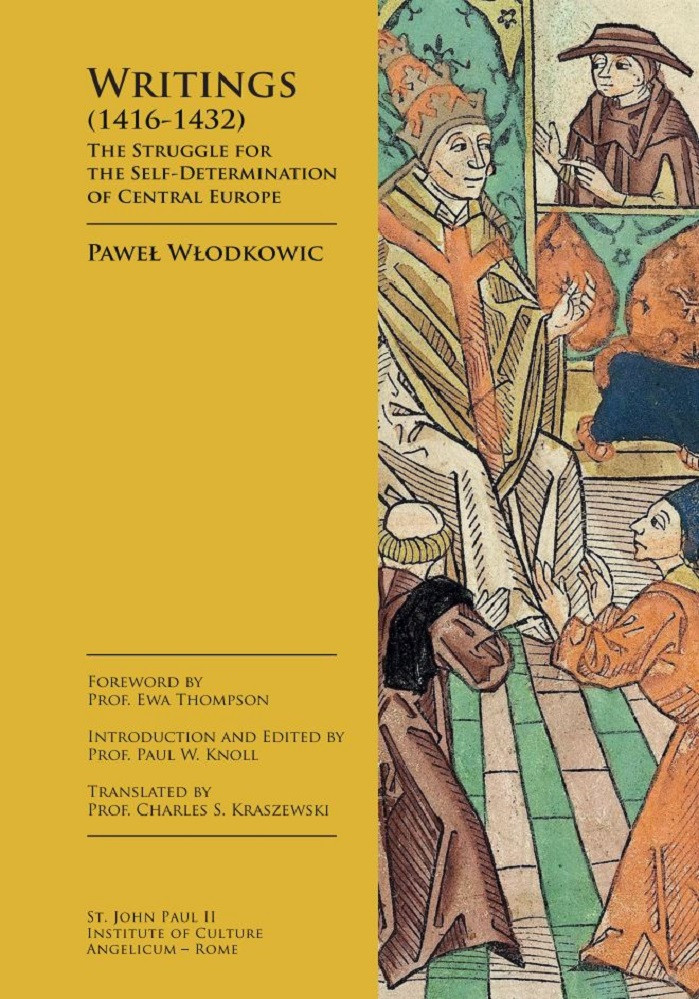(image source: Teologiapolityczna)
Abstract:
Paweł Włodkowic and his Tractatus de potestae papae et imperatoris respectu infidelium (Treatise on the Power of the Pope and Emperor Respecting Infidels) presented during the Council of Constance (1414-1418) are the symbols of fundamental for shaping Polish political and social thought focused on the rights of people, their natural inclinations to forming communities subjected to natural law and the law of nations. At the same time, the context of the announcement of his dissertation evokes the greatest diplomatic victory of Poland in Europe at the turn of the Middle Ages and the Renaissance, connected with the pivotal for the peaceful functioning of Central Europe conflict of the Polish-Lithuanian union with the Teutonic Order, whose representatives sought to convert the gentiles by force, and in practice often exterminate them. In the linguistic and substantive manner proper for that period, the scholastic treatise considers questions fundamental and universal for political and religious communities, which boil down to the following issues: Where is the boundary between the just and unjust use of force? What is the significance of the national right to freedom, existence and self-determination for the international peace? Today, we can consider Paweł Włodkowic’s thought from the perspective that allows us to appreciate that this way of thinking eventually created conditions for the emergence of the modern concept of human rights and religious tolerance. Reinforcing the pragmatic and specific political goals that Włodkowic has faced with the original, humanist-Christian approach supported by the highest, in that historical period, scientific and intellectual standards has resulted in presenting the whole of Europe with such ideas that today can be appraised as Polish contribution to development European thought in the fifteenth century and that preceded Francis of Vittoria, one of the fathers of international law, by one century.
Read more here.


No comments:
Post a Comment
Note: Only a member of this blog may post a comment.